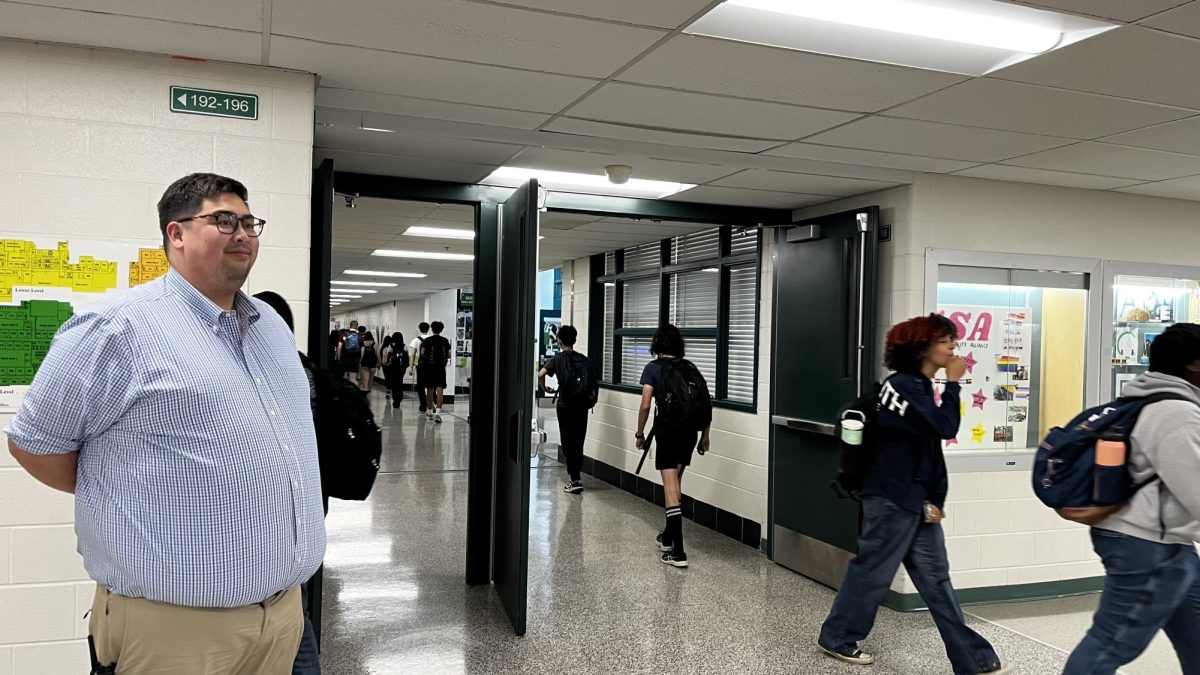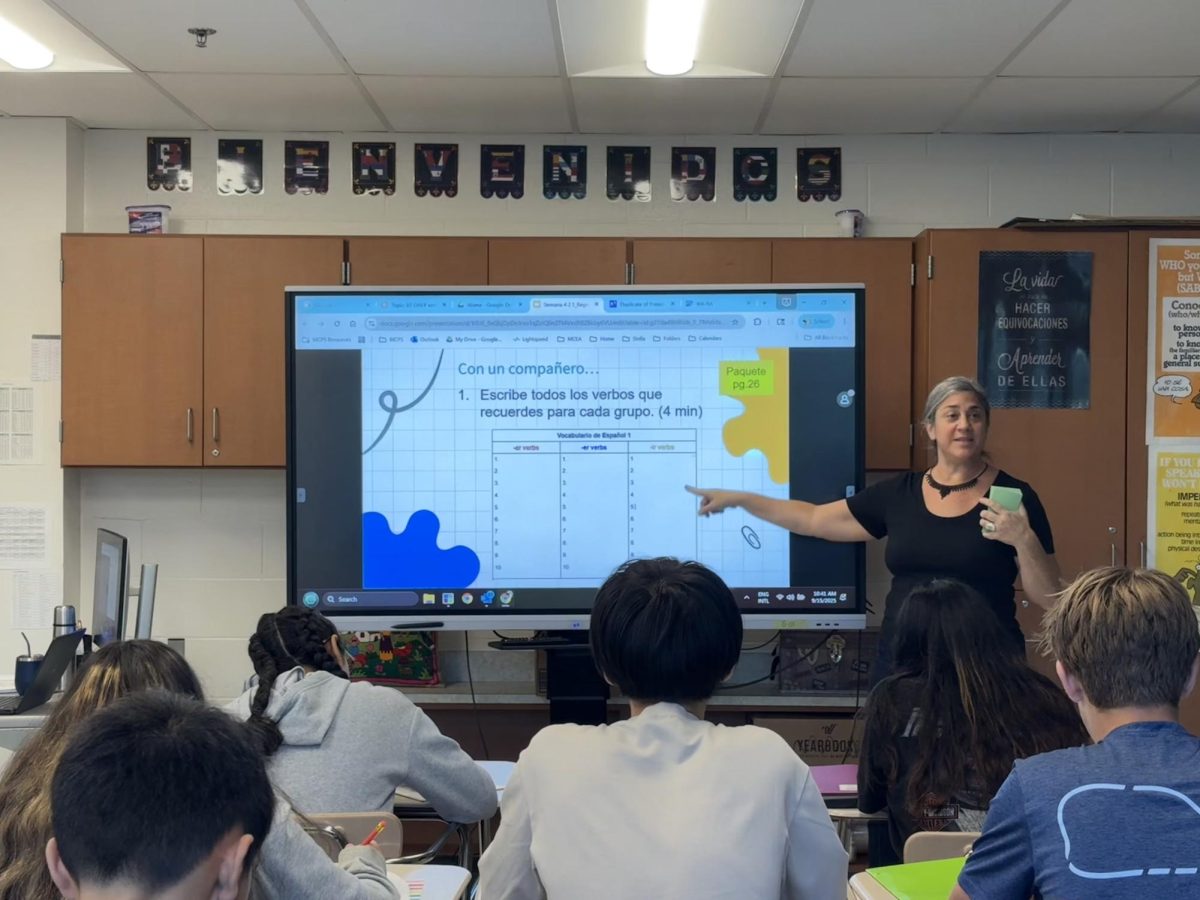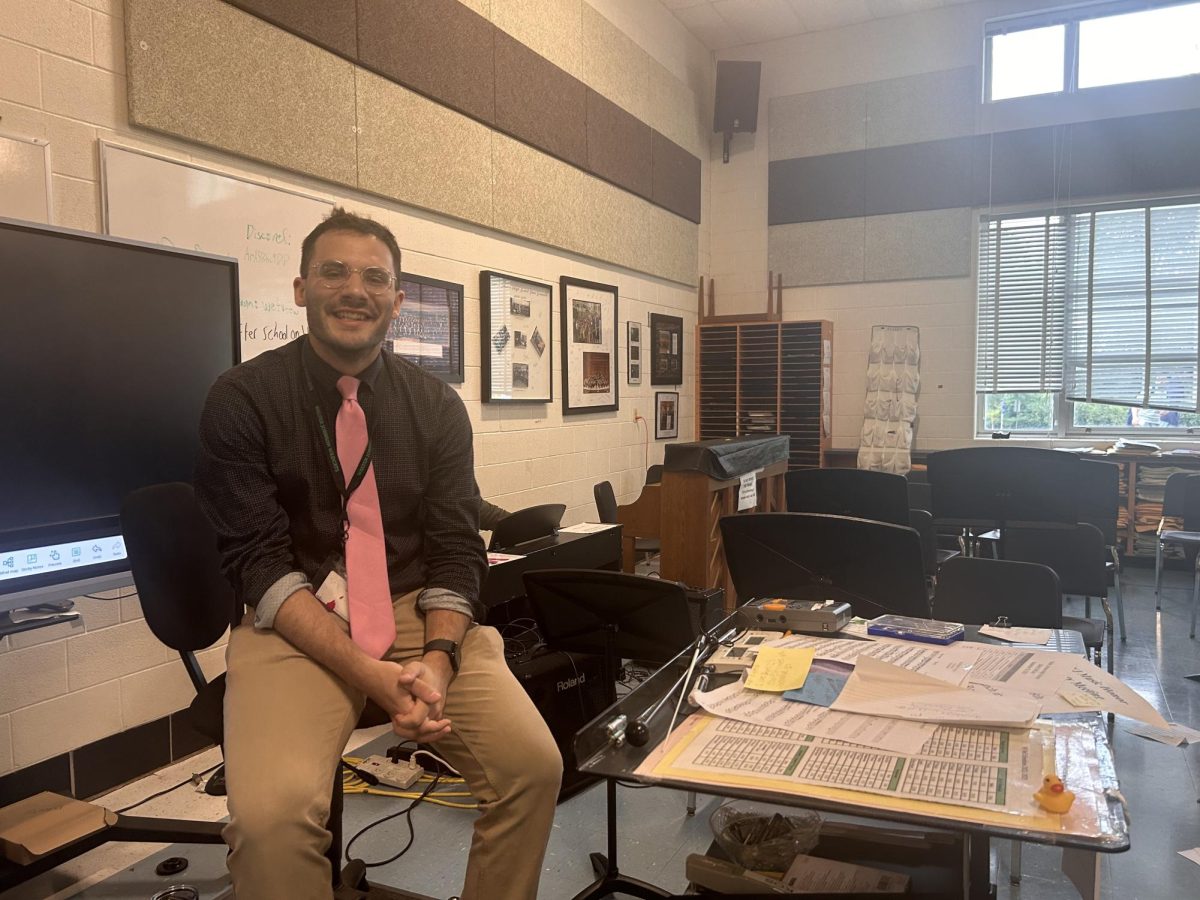
January means midterm exams and the new semester. February means Pennies for Patients and Valentine’s Day. March means the end of the third quarter and the Asian Heritage Assembly, which is organized by the Asian American Club.
The Asian American Club has been at WJ for more than 20 years. During that time, it has served as a place for people to meet up, eat lunch together, and immerse themselves in various Asian cultures in different ways such as listening to Asian music.
“I [think] if people knew about [Asian cultures], [we could] get rid of stereotypes,” said senior and club president Hyung Jin Cho. “Asian cultures are still foreign to people.”
One way the club is trying to help get rid of misconceptions is through the Asian Café. The club members hand out menus to students, and people will order from the menus at the kiosk. The actual Asian Café event takes place a few days later. A restaurant called Seven Seas helps the club prepare the food, and then the club can deliver the food or hand it out at the kiosk as the Asian Café.
Another activity that many students and other Asian culture clubs participate in is the Asian Heritage Assembly. However, auditions for the assembly must occur before it can take place.
The groups auditioned on Jan. 29, after school in room 214. They performed their acts for Cho, Asian American Club sponsor Aileen Leung and several other teachers.
The requirements facing the auditioning groups were surprisingly minimal. Each group had to arrive at the audition with their music selected and have most of their act completed.
“If the [auditioning groups could] link it to an Asian culture and we [can] fit it into the time, they will be accepted,” said Leung.
Most of the performances for the assembly were linked to Chinese or Korean cultures, and the club aimed to increase the diversity of cultures represented. They are also still looking for more traditional acts, because after the auditions the club realized there were quite a few pop groups and not as many traditional groups represented in the assembly.
The groups auditioning for the assembly included the Traditional Asian Dance Association (TADA), ACE (Korean Pop Dance), the Martial Arts Club (mixed Asian martial arts) and the Choreography Club. However, Cho notes that the auditions were not limited to organized clubs.
“[The assembly is] basically to educate the community about different Asian cultures,” said Leung.













